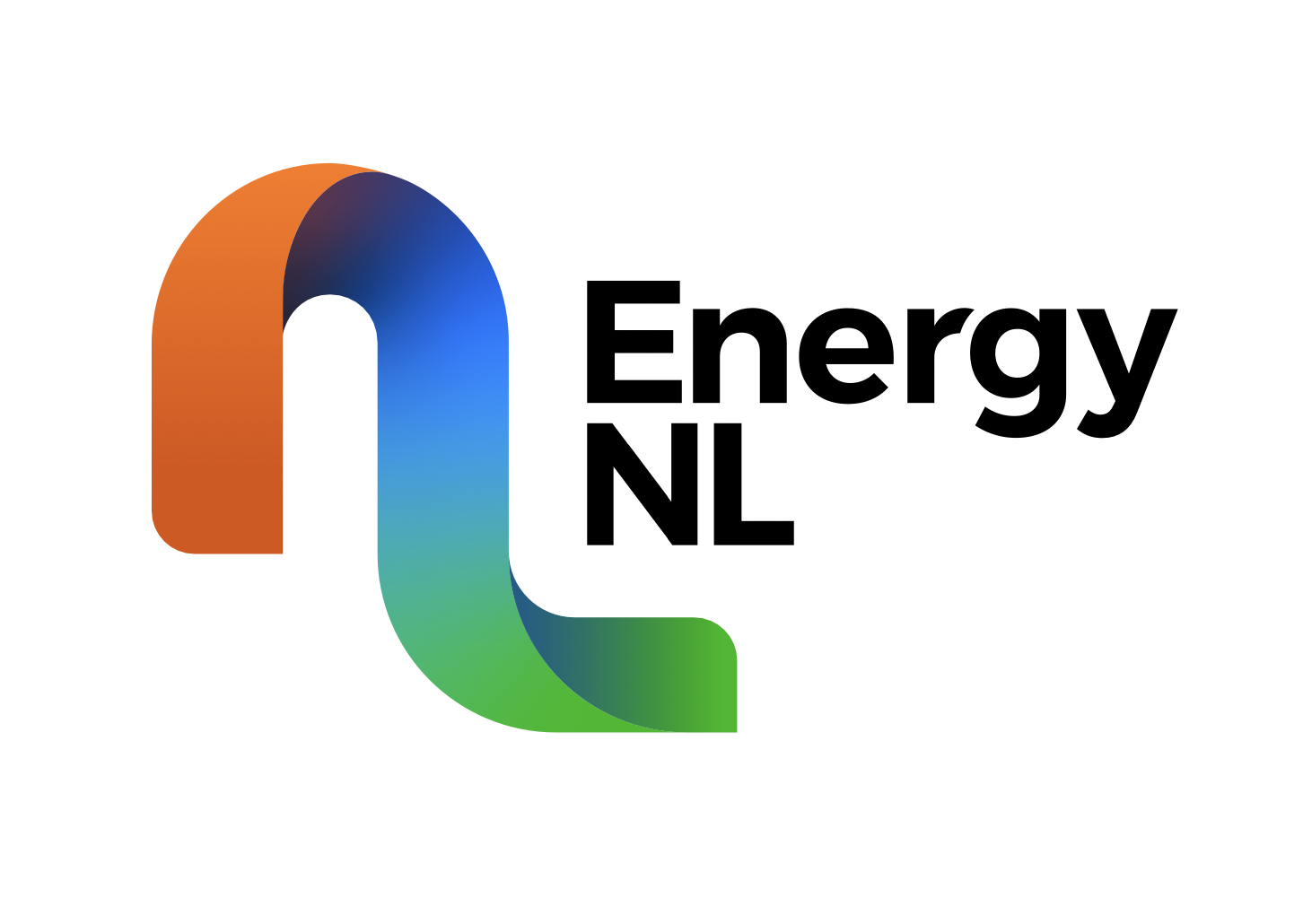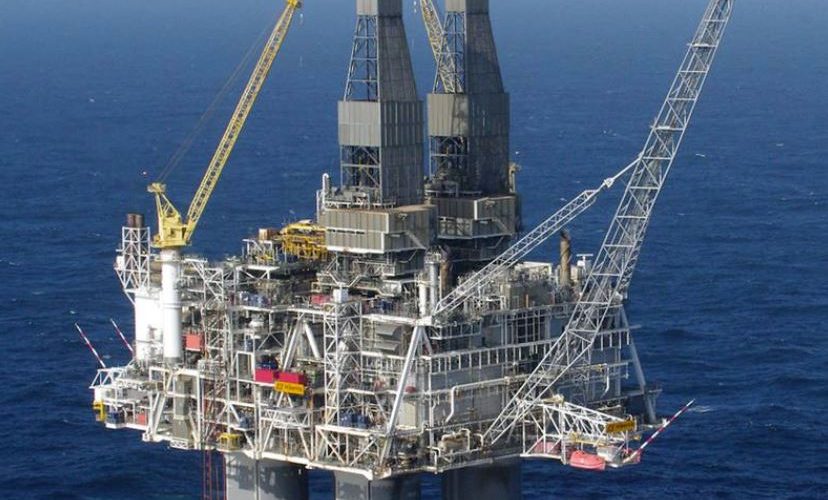By Charlene Johnson, Chief Executive Office, Noia
Canada’s offshore oil and gas industry, like so many industries in Canada, is in crisis. Jobs that may never return are being lost in the thousands. Development projects have been put on hold or cancelled, leaving their futures in a perilous situation. Exploration, the driving force of the industry that has led to billions of dollars in investment in recent years, has been curtailed.
While many Canadian industries have received much needed support from the Government of Canada, our industry still awaits immediate and specific support to help us survive this challenging time. Wage subsidies have been helpful, though we need jobs for those subsidies. Some money for methane, lumped in with billions of dollars for Western Canada, did not address any pressing needs or issues in our offshore.
A long-term solution has not yet arrived.
While the challenges the offshore faces are unprecedented, the solutions are not. For over two months Newfoundland and Labrador Oil and Gas Industries Association (Noia) has been working with the federal government to explain our circumstances.
As part of this process we have proposed two solutions that have previously, and successfully, been used in our offshore.
First, to compete with other jurisdictions doing the same, Canada needs to offer incentives for exploration offshore.
As noted above, exploration moves our industry forward and in recent years has led to significant investment in Newfoundland and Labrador.
Exploration incentives were employed in the 1980s and led to the current offshore production facilities which are providing exceptional return to our country. It has been done before, why can it not be done again?
Secondly, many projects related to the offshore are idled or deferred, leaving their future in doubt, people without jobs, and massive wonders of ingenuity and infrastructure all but abandoned.
Allowing companies involved in capital projects related to the offshore to avail of the Atlantic Investment Tax Credit, or a similar program, would get these projects moving again, get thousands of people back to work, and also encourage the approval of new projects.
The offshore was eligible for the program until about eight years ago and now would be the time to reinstate that eligibility.
It has been done before, why can it not be done again?
While some may question support for the offshore, we must remember that it does not impede Canada’s ability to meet international obligations for climate change. In 2017, the offshore accounted for just 0.23 per cent of Canada’s upstream carbon emissions.
Further, Noia supports the objectives of the federal government to achieve net-zero by 2050.
As long as there is a place for oil — and there will be for some time yet — due to our safety, environmental and human rights records, Canada’s oil, not foreign oil, should be used to meet the demand.
We can use the resources acquired during this process, including capital, skills and knowledge, to be global leaders in the transition to renewable energy.
The offshore oil and gas industry is critically important to the future of Newfoundland and Labrador. It is the single greatest contributor to the economy and impacts almost every household in one way or another.
During a crisis, to not help an industry that offers so much, is truly only moving the problem further down the road — at which time it will likely be addressed with an economic bailout by the Government of Canada that will not produce the economic return that our proposed solutions will.
Once again, on behalf of Noia’s over 500 members, I ask, it has been done before, why can it not be done again?
—
Source: The Chronicle Herald | This text was excerpted from the media outlet cited on May 23, 2020.






